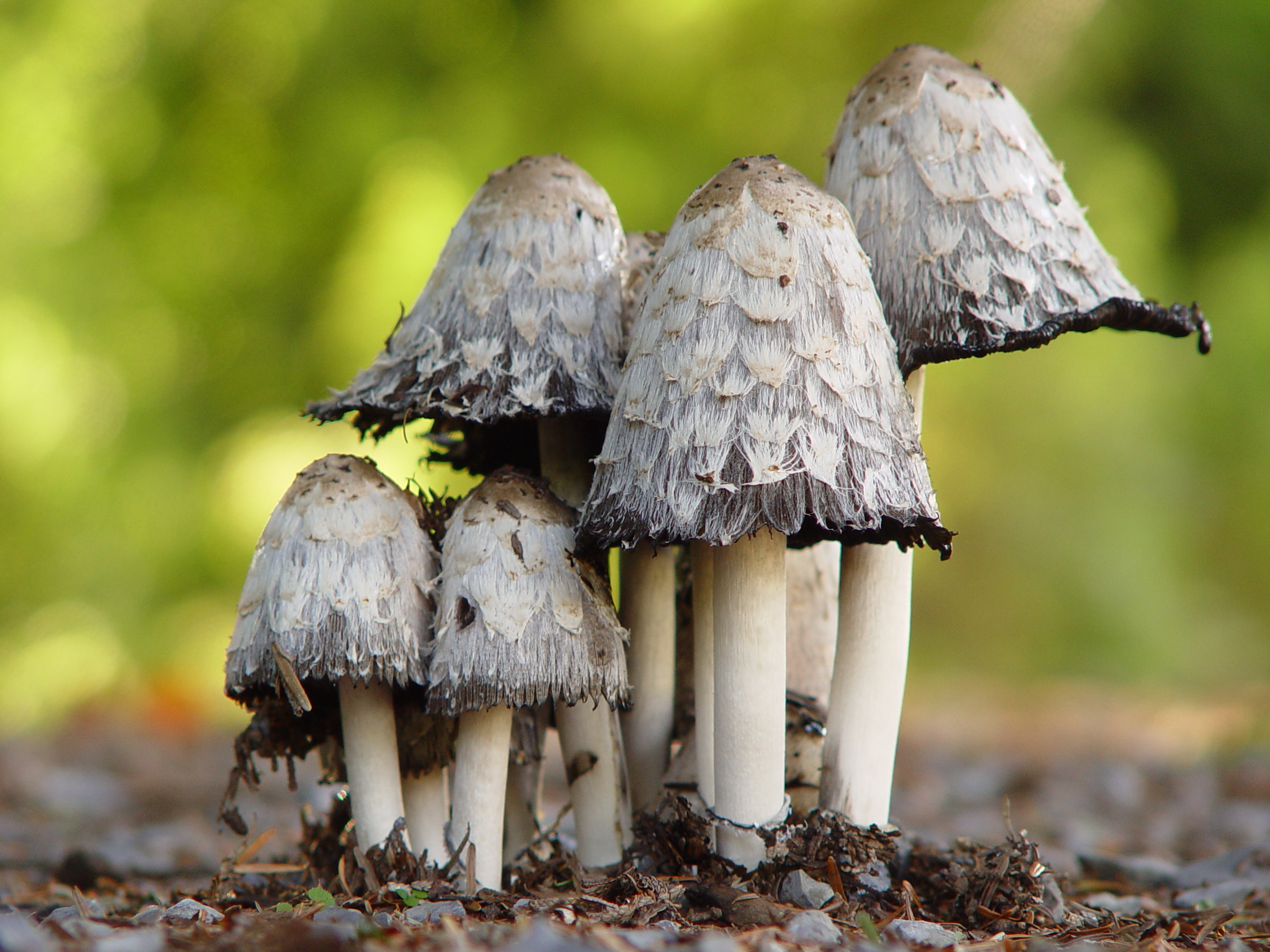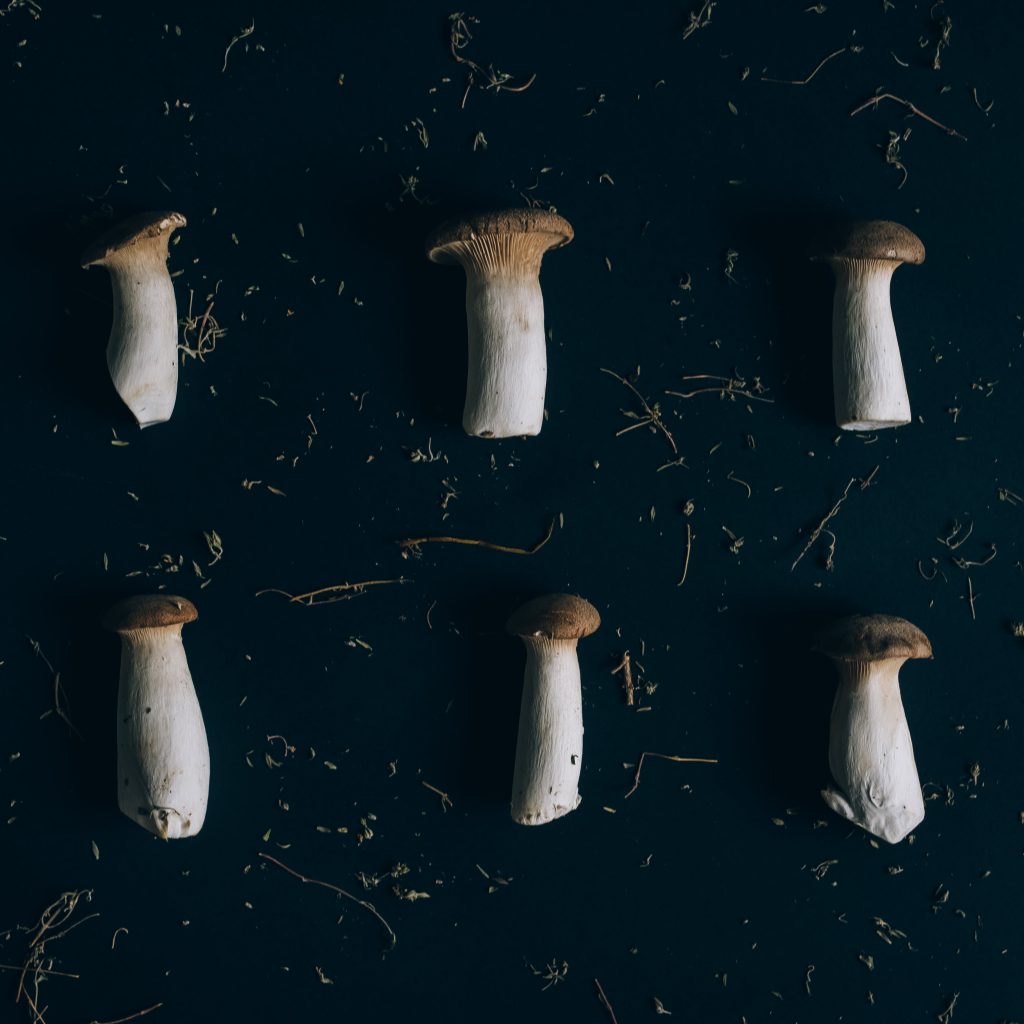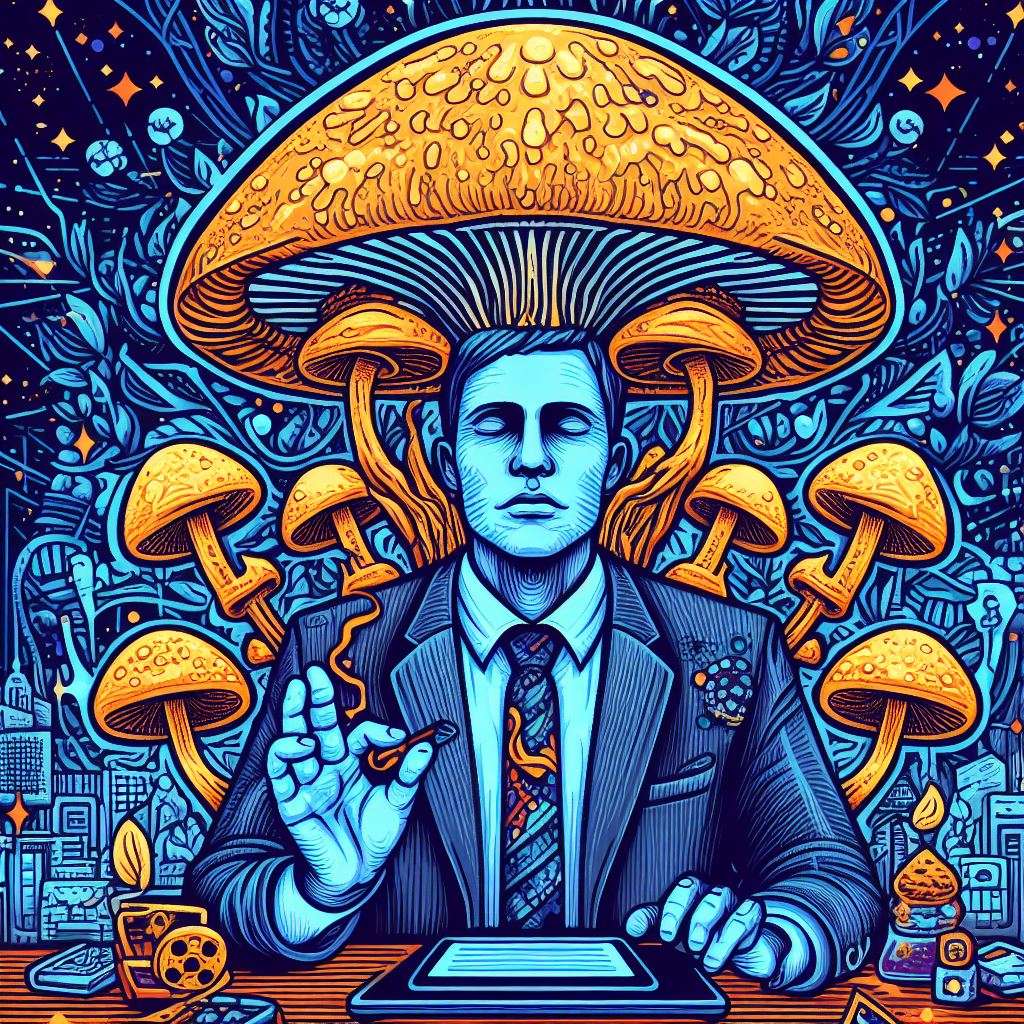Magic mushrooms, scientifically termed psilocybin mushrooms, have recently garnered significant attention within the field of mental health research. A pivotal study conducted at the University of Southern Denmark has explored the concept of microdosing psilocybin, indicating potential benefits for individuals grappling with mental health disorders. Microdosing involves the ingestion of minute quantities of psilocybin, the active compound found in magic mushrooms, as a potential therapeutic intervention.
In a groundbreaking development, Australia, in June 2023, emerged as the first country worldwide to legalize the medical application of psychedelics, including magic mushrooms, specifically for certain mental health conditions. This landmark decision enables authorized psychiatrists in Australia to include magic mushrooms as part of the treatment protocol for select types of depression.
Similarly, the United States has witnessed a notable shift in attitudes toward psychedelics, exemplified by Oregon’s introduction of psilocybin therapy and the approval of legalization by Colorado voters in 2022. These legislative changes underscore a growing acknowledgment of the potential therapeutic value of magic mushrooms, particularly when administered under controlled and regulated circumstances.
Key Takeaways
- Microdosing magic mushrooms in small amounts may offer benefits for mental health, according to a study from the University of Southern Denmark.
- Australia became the first country to legalize psychedelics, allowing authorized psychiatrists to prescribe magic mushrooms for specific types of depression.
- U.S. states like Oregon and Colorado are acknowledging the therapeutic potential of psychedelics, reflecting an evolving attitude toward these substances.
- Individuals explore microdosing for reasons ranging from mental health improvement to personal and spiritual growth, influenced by historical practices and recent scientific curiosity.
Microdosing Psilocybin
Microdosing psilocybin involves the careful and controlled consumption of minimal doses of the active compound found in magic mushrooms. Recent research from the University of Southern Denmark has shed light on the potential therapeutic effects of this practice, particularly in the context of mental health disorders.
The fundamental concept of microdosing revolves around the administration of quantities so small that they do not induce the hallucinogenic effects commonly associated with higher doses of psilocybin. Instead, proponents of microdosing argue that it may offer subtle yet positive impacts on mental well-being, potentially alleviating symptoms of certain mental health disorders.
The University of Southern Denmark study suggests that microdosing psilocybin could have a beneficial influence on mental health conditions. While research is ongoing, these findings contribute to the growing body of evidence supporting the exploration of microdosing as a therapeutic strategy.
It is essential to note that the success of microdosing is contingent upon a range of factors, including careful dosage, individual response variations, and adherence to controlled circumstances. Researchers and medical professionals emphasize the importance of meticulous monitoring during the process, screening for any history of psychosis or bipolar disorder, and providing close medical supervision throughout the microdosing experience.
Moreover, the controlled circumstances surrounding microdosing include pairing it with psychotherapy to maximize potential benefits. This comprehensive approach aims to address mental health concerns with a combination of therapeutic interventions, acknowledging the nuanced nature of individual responses to microdosing.
Legalization and Medical Approval
In a pivotal move, Australia has emerged as a global trailblazer by legalizing the therapeutic use of psychedelics, including magic mushrooms. The groundbreaking decision, implemented in June 2023, signifies a significant shift in the global approach to the medical application of substances once relegated to the fringes of legality.
This landmark decision allows authorized psychiatrists in Australia to prescribe magic mushrooms for specific mental health conditions, marking a departure from conventional treatment modalities. The move is particularly noteworthy in the context of mental health, offering a potential alternative for individuals resistant to traditional treatments.
Simultaneously, the United States has witnessed a gradual reevaluation of attitudes toward psychedelics. Notably, Oregon has introduced psilocybin therapy, while Colorado voters sanctioned the legalization of magic mushrooms in 2022. These developments underscore a growing recognition within the medical community and among policymakers of the potential benefits of psychedelics when used under controlled circumstances.
The approval for psychiatrists to prescribe magic mushrooms in Australia is a result of a carefully considered process that involves rigorous screening, evaluation, and adherence to specific guidelines. This cautious approach aims to ensure that the therapeutic potential of magic mushrooms is harnessed responsibly and safely, mitigating potential risks.
It is crucial to note that the legalization and medical approval of magic mushrooms come with a set of strict regulations and protocols. Under these regulations, only approved psychiatrists are authorized to prescribe magic mushrooms, and their usage is limited to specific mental health conditions. This level of control is integral to ensuring the safe and effective integration of magic mushrooms into mainstream mental health treatment practices.
As these groundbreaking changes in legislation unfold, the medical and scientific communities remain vigilant in monitoring the outcomes and implications of legalized psychedelic therapy. The evolving legal landscape prompts continued research and exploration into the potential therapeutic applications of magic mushrooms, positioning them as a subject of growing interest in the realm of mental health treatment.
Historical Context
The history of microdosing and the use of magic mushrooms extends far beyond recent scientific investigations. Reports of microdosing date back to at least the 1500s, showcasing a longstanding cultural and historical relationship with these substances. However, modern Western practices of microdosing began gaining traction in the 1960s.
During the 1960s and ’70s, the United States witnessed a surge in the popularity of psychedelics, including magic mushrooms. However, this era also marked the prohibition of psychedelics, driving their use underground for decades. The stigmatization of psychedelics persisted, hindering scientific exploration and relegating these substances to the periphery of mainstream discourse.
Despite the legal and societal challenges, the use of psychedelics, including magic mushrooms, persisted within niche communities and alternative subcultures. This historical backdrop reflects the complex relationship between society and these substances, characterized by periods of acceptance, prohibition, and sub-cultural resurgence.
In recent years, there has been a notable shift in attitudes toward psychedelics, marked by an increased interest in their potential therapeutic applications. This shift is exemplified by the aforementioned legalization of psychedelic therapy in Oregon, Colorado, and the groundbreaking decision in Australia.
The historical context of magic mushrooms underscores a nuanced trajectory of cultural acceptance, legal challenges, and scientific exploration. As contemporary research sheds light on their potential benefits, it prompts a reconsideration of these substances within the broader context of mental health treatment and societal attitudes. Understanding the historical evolution of magic mushrooms contributes to a more comprehensive perspective on their current status and potential future role in medicine.
Reasons for Microdosing
Microdosing has gained popularity as individuals seek alternative approaches to address mental health concerns and pursue personal development. Several reasons contribute to the growing interest in microdosing with magic mushrooms:
- Better Mental Health: Microdosing is often employed as a potential strategy to enhance mental well-being. Advocates argue that the subtle effects of microdosing may contribute to reduced symptoms associated with depression, anxiety, and other mental health disorders. While research is ongoing, some individuals report positive outcomes in terms of mood stabilization and emotional balance.
- Personal and Spiritual Growth: Beyond mental health considerations, some individuals turn to microdosing as a means of fostering personal and spiritual growth. The subtle influence of microdosing is believed by some to facilitate self-reflection, introspection, and an increased sense of connectedness, contributing to personal development and a deeper understanding of oneself.
- Historical and Cultural Practices: The historical context of microdosing, dating back to at least the 1500s, influences contemporary usage. In some cases, individuals are drawn to microdosing as a way of tapping into historical and cultural practices surrounding magic mushrooms. This connection adds a dimension of tradition and cultural exploration to the motivations behind microdosing.
- Counteracting Stigmatization: The stigmatization of psychedelics, prevalent since their prohibition in the 1960s and ’70s, has contributed to a counter-cultural appeal. Some individuals turn to microdosing as a form of reclaiming these substances for therapeutic and personal growth purposes, challenging the prevailing stigma associated with magic mushrooms.
- Scientific Curiosity: The recent surge in scientific interest and research on the potential benefits of microdosing has also driven curiosity. Individuals, intrigued by preliminary findings, may choose to experiment with microdosing to assess its effects on cognition, mood, and overall well-being.
Conclusion
In conclusion, the landscape surrounding magic mushrooms, particularly in the context of microdosing, is undergoing a significant evolution. The recent study from the University of Southern Denmark has ignited interest in the potential therapeutic effects of microdosing psilocybin, specifically in addressing mental health disorders. This scientific exploration is complemented by legislative changes, with Australia leading the way in legalizing the medical application of psychedelics for certain mental health conditions.
The decision in Australia to permit authorized psychiatrists to prescribe magic mushrooms signifies a departure from traditional treatment modalities. This shift, along with similar developments in the United States, reflects an acknowledgment of the potential benefits of psychedelics when used responsibly and under controlled circumstances.
The historical context of magic mushrooms provides a nuanced understanding of their journey—from cultural and historical practices to periods of stigmatization and, now, a renewed interest in their therapeutic potential. The motivations behind microdosing vary, encompassing mental health improvement, personal and spiritual growth, cultural connections, and a scientific curiosity driven by recent research findings.
However, amidst the intrigue and potential, it is crucial to approach microdosing with caution. The controlled circumstances advocated by researchers and medical professionals, including careful dosage, screening, and medical supervision, are essential to ensure the safety and efficacy of microdosing practices.






No comment yet, add your voice below!